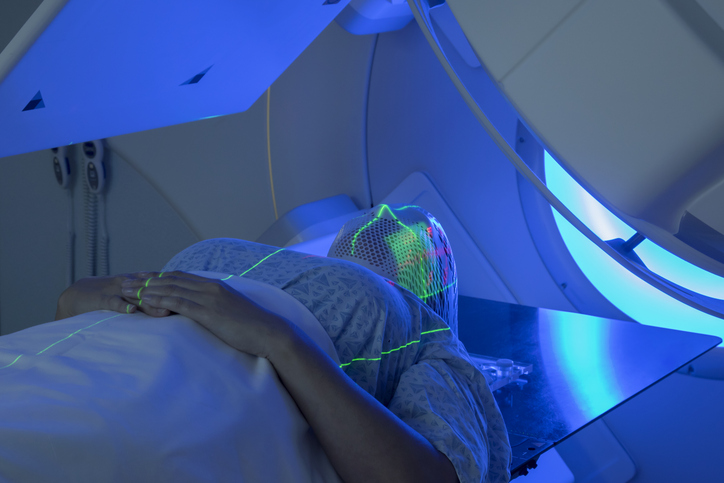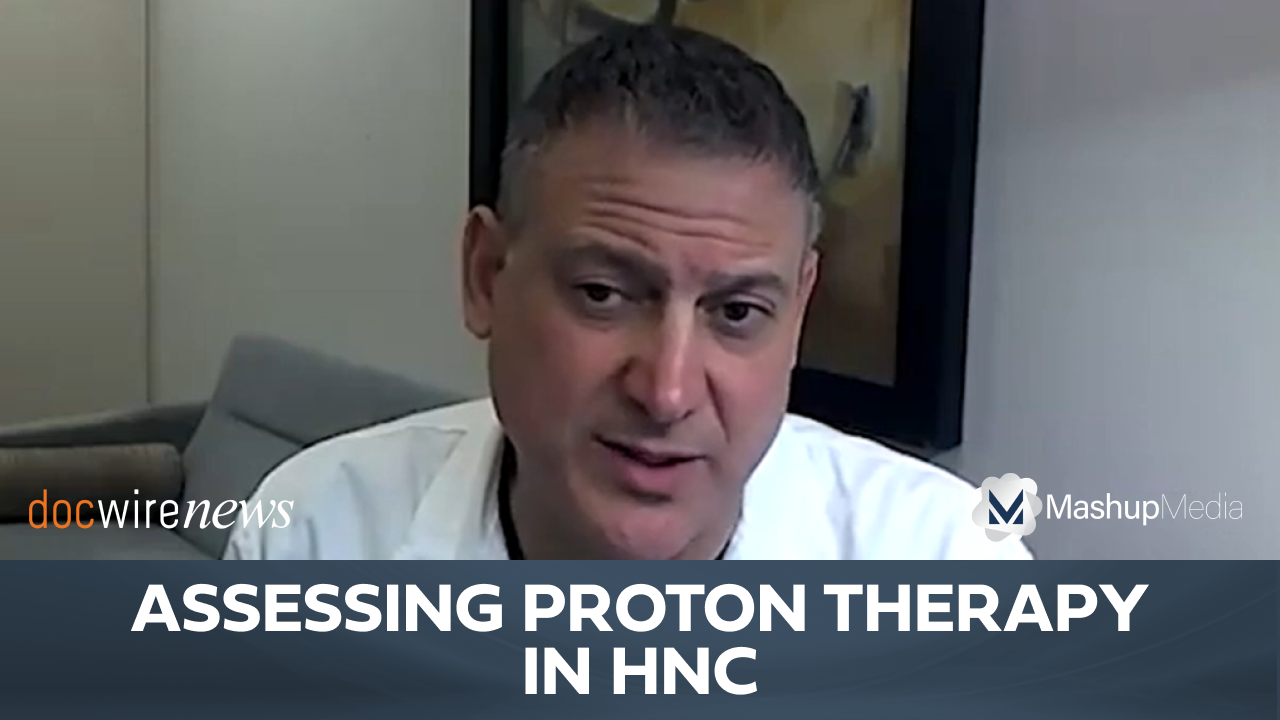
Physicians struggle to convey the positive outcomes that commonly come with a thyroid cancer diagnosis, according to the findings of new research accepted for presentation at ENDO 2020, the Endocrine Society’s annual meeting, and publication in a special supplemental section of the Journal of the Endocrine Society.
To assess how physicians convey a thyroid cancer diagnosis, and manage worry, the researchers identified patients with differentiated thyroid cancer diagnosed in 2014 and 2015 from the Surveillance, Epidemiology, and End Results (SEER) registries of Georgia and Los Angeles County. They identified the endocrinologists and surgeons involved in their care, and subsequently asked the doctors to describe their thyroid cancer patients’ general worry at the time of diagnosis and what they told their worried patients.
The results showed that of all respondents, 40% were endocrinologists, 30% were general surgeons, and 30% were otolaryngologists. The researchers observed that 65% of physicians reported that in general their patients were quite or very worried at the time of diagnosis, 27% that they were somewhat worried, and 8% that their patients were not worried or were a little worried. Almost all physicians (91%) reported that they provided their worried patients with details on prognosis, including recurrence and death.
Overall, 60% of physicians told their worried patients that their doctors are experienced in managing thyroid cancer, and 49% told them that thyroid cancer is a “good cancer.” The results showed that otolaryngologists were more likely to use this terminology than endocrinologists. Moreover, physicians in private practice were more likely to describe thyroid cancer as a “good cancer” than those in academic settings, and the phrasing was more common among individuals in LA than Georgia. Furthermore, physicians who perceived that in general their patients were quite or very worried at time of diagnosis were less likely to report describing thyroid cancer as a “good cancer” than were those whose patients were not or somewhat worried.
Survey finds physicians struggle to communicate positive prognosis to thyroid cancer patients. @MariaPapaleont1 @UMRogelCancer @UM_IHPI
Get the full details here:https://t.co/t21Ft363eI
— ThyCARE-Thyroid and Thyroid CAncer REsearch (@ThyCare) March 31, 2020
“In this large population-based study, we found that physicians use different strategies to address this worry, with around half of them telling their patients that thyroid cancer is a ‘good cancer,’” said lead study author Maria Papaleontiou, M.D., an assistant professor of medicine in the Division of Metabolism, Endocrinology & Diabetes (MEND) at the University of Michigan in Ann Arbor, MI in a press release. “Although treating physicians are likely trying to emphasize optimistic outcomes, no evidence currently exists to support the notion that telling patients they have a ‘good cancer’ is helpful.”
Survey finds physicians struggle to communicate positive prognosis to thyroid cancer patients. @MariaPapaleont1 @UMRogelCancer @UM_IHPI
Get the full details here:https://t.co/t21Ft363eI
— ThyCARE-Thyroid and Thyroid CAncer REsearch (@ThyCare) March 31, 2020







 © 2025 Mashup Media, LLC, a Formedics Property. All Rights Reserved.
© 2025 Mashup Media, LLC, a Formedics Property. All Rights Reserved.